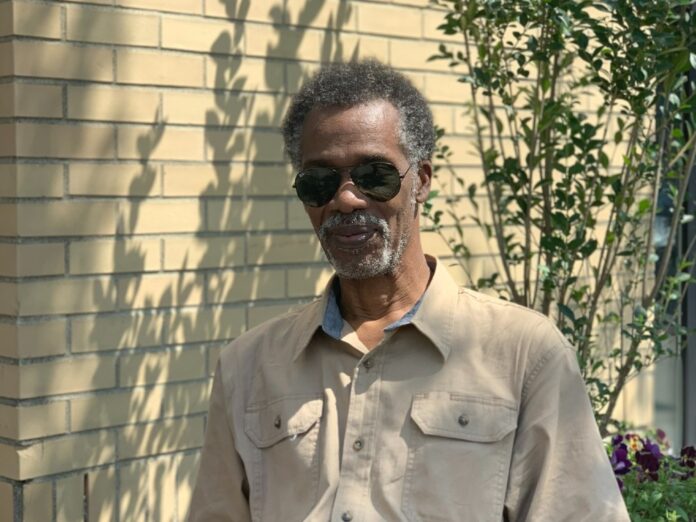
By-Steinberg Henry PhD
In 2011, the book “An Unassuming Love” was published. I returned to the book recently, given the cricket in the news phenomenon, and found this bit. It just read well to me when I listened to it. It does not seem to have a beginning, nor does it seem to have an end.
… It is another sound, another reading, another phoneme digging up unknowns and feelings to know. It opens windows in my African-French, English-speaking, and Orinoco-influenced Kalinago mind, throws in a faster or slower step, a vigorously rhythmic body language, one lending class to crass religiosity. It brings elegance to body’s doubt, presenting to me relatives of another sacredness, one once feared but united and clearer now—it possesses, teaches, speaks unequivocally that we’re connected forever.
You have a resource, it says with conviction. Reach in to that which you were taught to reject, find it—true to form, that which was chained and whipped, driven out returns for meaningful embrace.
Taste. Jolts oddly like most bitter concoctions. Yet those women and men drinking from themselves find their self sipping from a renewed bile, plucking a familiar string—well, it seems so. Sounds like a victory chord, a para or sympathetic minor, an allegiance, an I am with You Always, a stand up and fight back, a meeting under circumstances of abundant energy.
Remember, we fell apart, fragmented in the 1990s, only to find an unmerited favor. It trickles. It is another broader wave, only this time it really heaves from within with skills informed by a pure gathering-up of time’s lessons.
It is a call to greet the timeless, to be confident in this millennium’s cause. It is another posture, another architectural innovation, another body.
It is a call to redeeming, to adoption and adaptation of fresh insight bursting forth like light to our hearts now, precision to our techniques, and vigilance in these times of oneness-making.
… We must take in, take on this new harvest, this other, this unseen yet present and known to us to have arrived. Might’ve whirled into coherence when a griot rippled the tassa, rumba, or panderos. With simultaneity, the puja lifted its Om, and a florist/chantrelle heard sutras strumming in her body. It is the other beat falling between prescribed practice, thickening rhythm, and balance. It is the other way of telling, of doing play, of usurping the game. In the context of cricket, it represents too what Jamaica Observer reporter, Herbie Miller, describes as “the beginning of how West Indians interrupted the game of the colonial empire, interjecting their own sense of rhythm, splendor, grace, improvisation, and audience participation—’ call and response’—to what may have become an otherwise mundane and pedestrian sport.”
It is another stroke’s interpretation, the other way Richards executed a cover drive or wore his face with ferocious militancy, unlike that of a prescribed eighteenth-century gentlemanness coming down from the doctors of English cricket. This adoption of justice in the face, body, and hook represented a defiance of apartheid in the case of Richards. Cricket was then focused on an issue touching human rights beyond the pitch, commentary box, and spectators privileged to be present. West Indian players represented, in the true sense of today’s youth usage of “represent,” Black people’s memory and global struggles.
… since West Indian players represented the West Indian people—theoretically coming from all the West Indian territories, many times from country clubs and cocoyea-swept rural yards rather than city ones—discourse as to who made it on the team raged in all quarters. It is a sociology of sorts, with performance data emanating from the very slam on the domino table!
So much that was written two and three decades ago finds meaning now. And even when it does not find meaning among the performers of cricket, it still makes sense; it resonates somehow with a subtle matter running in the West Indian mind. I say, now and then, it should not be unusual to read something that says Hi, we’ve been talking about this long, too long.
DISCLAIMER
- The opinions presented in this content belong to the author and may not necessarily reflect the perspectives or editorial stance of Nature Isle News (NIN). Opinion pieces can be submitted to editor@natureisle.news

